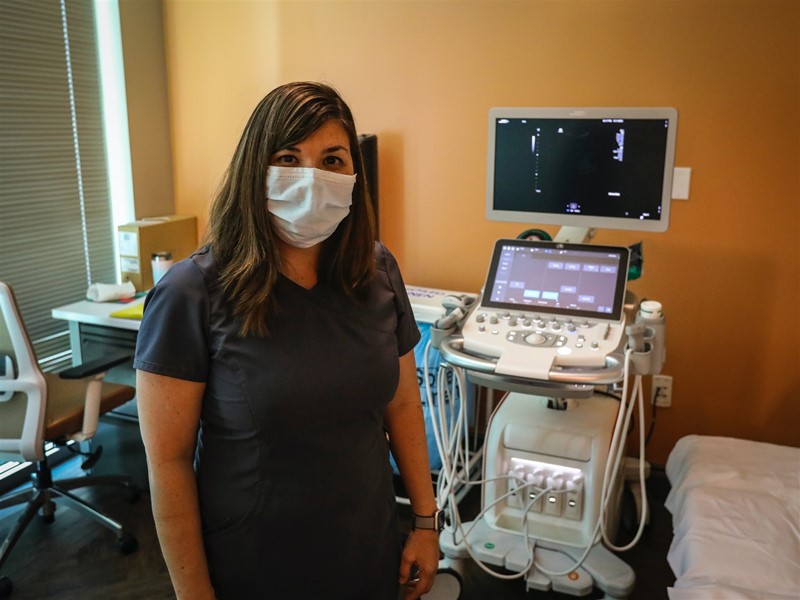- GMHC
-
Getting Started
-
Wondering where to start?
-
 We're your guide. What can this community do for you? Learn more
We're your guide. What can this community do for you? Learn more
-
-
Mobilization
-
Heed the call!
-
 Community Challenges Activate your journey to the field! Read Article
Community Challenges Activate your journey to the field! Read Article -
 Search Jobs Community Job Board Read Article
Search Jobs Community Job Board Read Article
-
-
Resources
-
Learn & Connect
-
 Upcoming Events Learn from the experts in healthcare missions & connect with others. Register Now
Upcoming Events Learn from the experts in healthcare missions & connect with others. Register Now
-
-
Community
-
Connect With the Community
-
 Member Lounge We're all in this together! Join the conversation.
Member Lounge We're all in this together! Join the conversation.
-
- Store
- Log In
Welcome to the MedicalMissions.com Podcast
This is a series of sessions from leading experts in healthcare missions.
Preparing the next generation in Missional Healthcare - The Formational Course in Missional Healthcare - An Indo and Africa initiative and approach
- Albania
- Bosnia and Herzegovina
- Brazil
- and 287 more...

This breakout session is will be a taster of the Formational Course of the Academy of Missional Healthcare and Initiative of COGI and CAPRO. Designed primarily for pre-internship students in healthcare, it is also open to young professionals. This session will provide a taster to the eight-core module mentorship course in Missional Healthcare. The session will also highlight the uniqueness of the program. The Formational course provides participants with “A missional context of learning” in an environment of Transformational learning, problem-based training, experiential sharing alongside practical role-plays and interactive group exercises. Continual learning and reflective engagement through “journaling” is a key component of the program. The full program gives broad insights into the health and development needs in a country as well the various expressions of medical missions. It also provides a deeper understanding of God’s mission pertinent to healthcare and the healthcare person.
Cancer Screening Globally
by Jeff Leman
- Africa
- Asia
- South Pacific
- and 21 more...
Which cancer screening programs save lives and which ones actually create harm? https://bit.ly/gmhc2022_jeffreyleman_cancerscreeningglobally
Point of Care Ultrasound: Next Best Thing to Sliced Bread...Almost

Diagnostic dilemma poses one of the challenges in the mission field due to lack of ideal or reliable tools. Integrating ultrasound findings with clinical assessments can help improve diagnostic certainty at the bedside. During this 1-hour session, we will briefly review the capabilities and limitations in assessing intracranial pressure, fractures, and acute tendon ruptures along with a more traditional assessments for pneumonia, heart failure, and DVT, among other diseases. We will also briefly compare some of the available portable ultrasound devices.
Clinical Ethics 2021
by Dr. Lee

This lecture first explores ethics from the perspective of normal human nature. Then the impact of this human nature on every day medical practice, medical education, medical research and medical missions is discussed.



